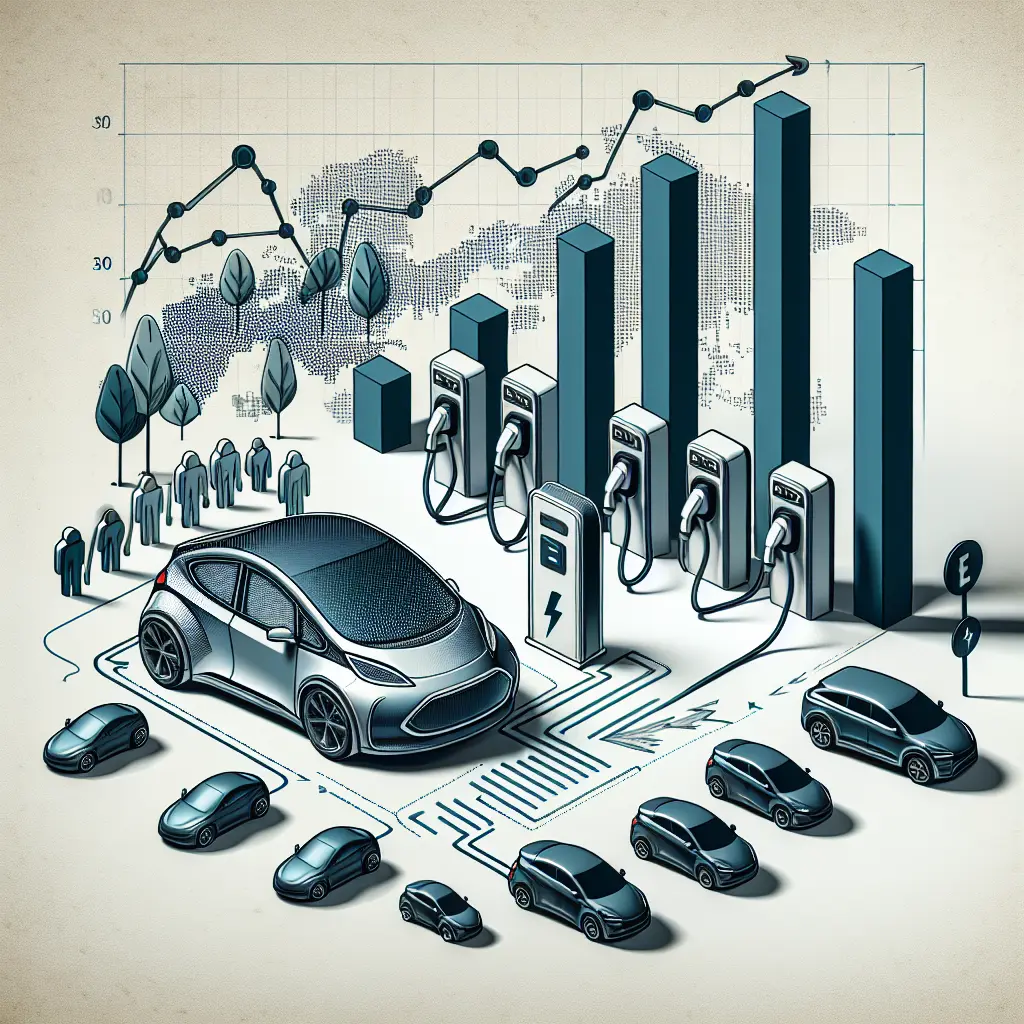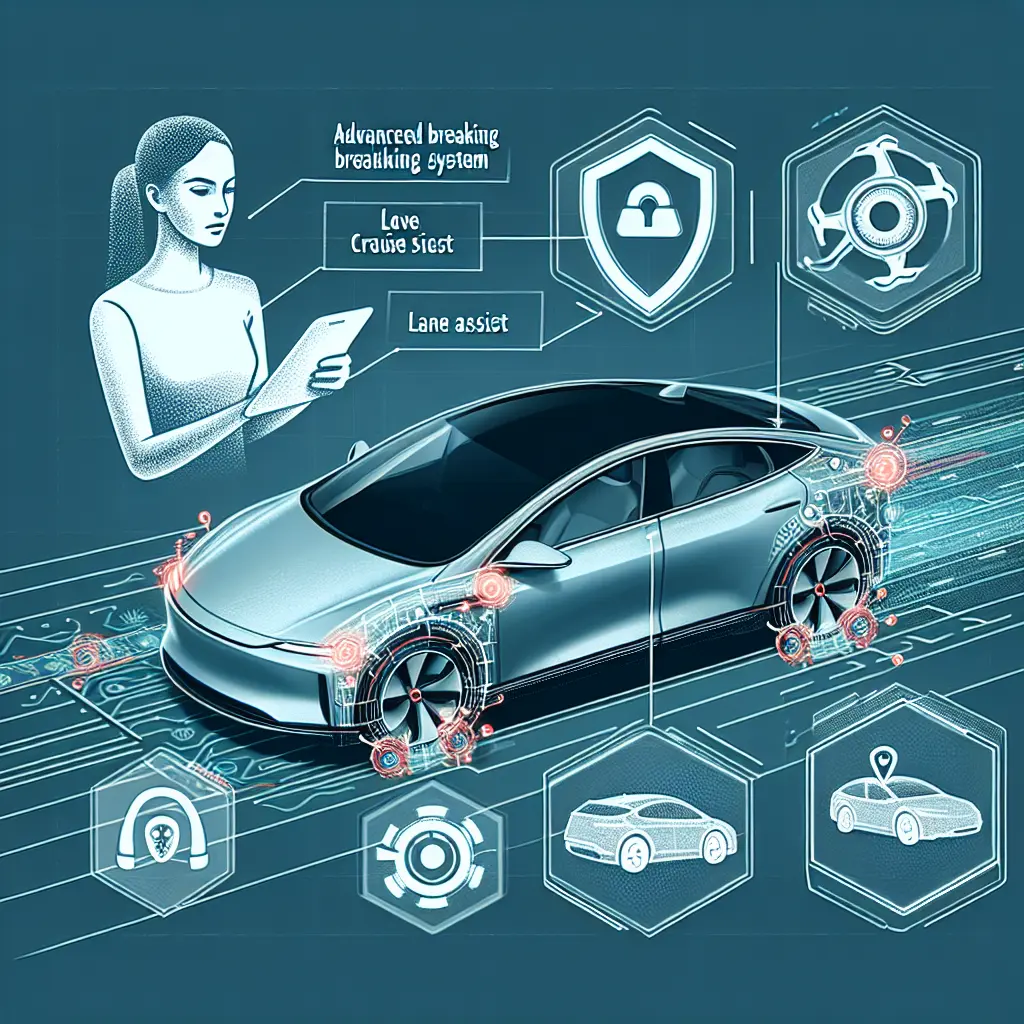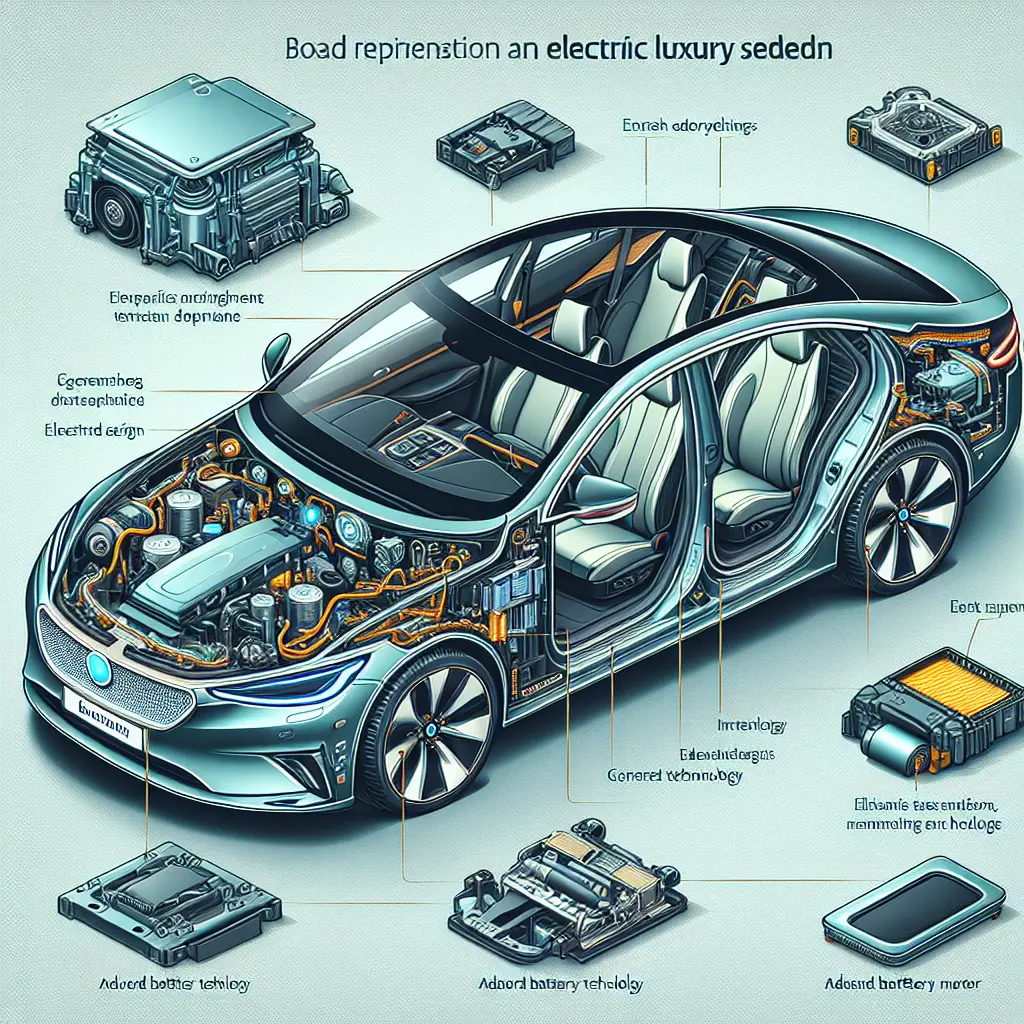Tesla, under the visionary leadership of Elon Musk, has been a significant force in shaping the electric vehicle (EV) market. This blog post explores Tesla's pivotal role in the growth of the electric vehicle industry, its impact on market dynamics, and the innovative technologies that continue to make Tesla a leader in the field.
Tesla's introduction of compelling electric vehicles to the mass market has arguably been the single most influential catalyst for the global shift towards electric vehicles. Tesla's sales figures have been a testament to its dominance and appeal. For instance, despite increasing competition, Tesla continues to hold a significant share of the market.
Recent reports indicate that China’s BYD is catching up with Tesla in sales, underscoring the competitive nature of the market and Tesla’s role in inspiring other companies to accelerate their EV programs. Read more here.
Tesla's market impact extends beyond just numbers; it has fundamentally changed consumer perceptions of electric vehicles. Tesla electric vehicles are often seen as desirable not only for their environmental benefits but also for their performance and high-tech features.
At the heart of Tesla’s appeal is its innovation in electric vehicle technology. Tesla’s advancements are not just about making cars that can drive on electricity – they're about making them smarter, safer, and more efficient.
Tesla's Commitment to Sustainability
Tesla’s mission extends beyond just manufacturing electric cars. It encompasses a broader vision for sustainable energy solutions, which is evident in their commitment to renewable energy and battery storage solutions. This holistic approach to sustainability helps to bolster the image of Tesla as a pioneer in not only electric car technology but in the larger context of global sustainability efforts.
Tesla has significantly influenced electric vehicle adoption trends worldwide. By making electric cars cool and desirable, Tesla has set a benchmark that other manufacturers are striving to meet.
The introduction of models like the Model 3 at relatively affordable price points has opened up the market to a broader audience, further accelerating EV adoption. Recently, Tesla announced the return of the Model 3 Long Range RWD to the U.S. market for $42,490, a strategic move likely aimed at boosting sales and making EVs more accessible. Learn more.
However, Tesla’s journey has not been without its challenges. Recent controversies surrounding Elon Musk's public endorsements and statements have created uncertainties about Tesla's future.
Challenges and Controversies
For instance, Musk's endorsement of political figures has raised concerns about potential impacts on Tesla's brand and consumer base. Source. Moreover, delays in highly anticipated projects like the Tesla Robotaxi event, now pushed to October, add to the growing list of questions about the company's direction and focus. Read report.
Despite these hurdles, Tesla continues to lead in the EV industry. As an industry leader, Tesla not only shapes market trends but also drives the innovation that other companies follow.
As electric vehicle adoption trends continue to rise globally, Tesla’s role in this transformation cannot be overstated. From pushing technological boundaries with its battery advancements to setting high standards in vehicle performance and sustainability, Tesla remains at the forefront of the electric vehicle revolution.
In conclusion, Tesla’s journey through the evolving landscape of the automotive industry illustrates a larger narrative about innovation and change. As we move forward, the lessons learned from Tesla’s approach to design, technology, and marketing will undoubtedly continue to influence the automotive industry for years to come.
Thank you for joining me on this exploration of Tesla’s role in the electric vehicle market growth. As we watch this exciting industry evolve, let’s keep our eyes on how innovation continues to drive us towards a more sustainable future.










Leave a Comment